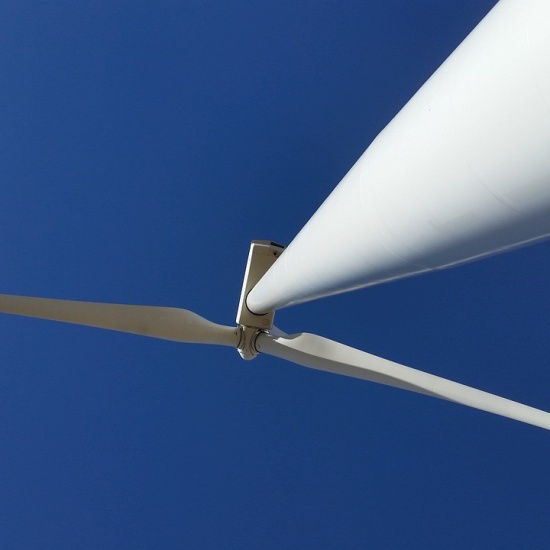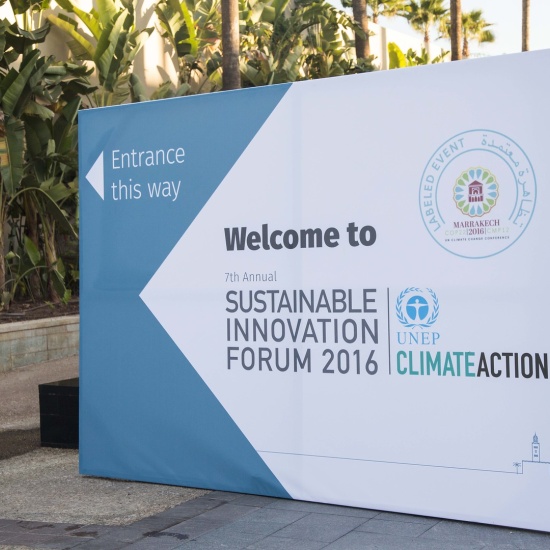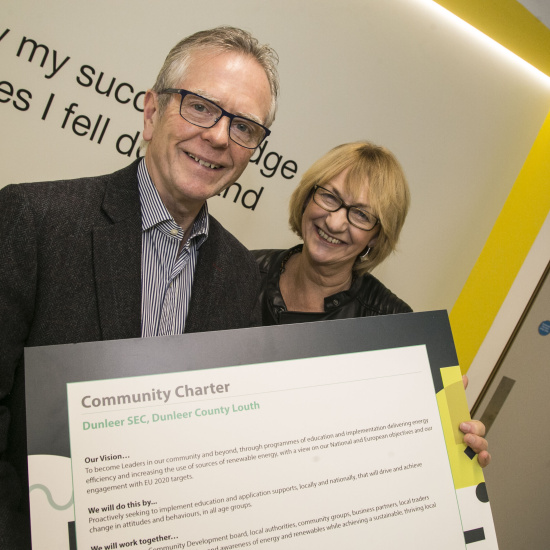How the Energy Label can help you while shopping
Black Friday - the most eagerly anticipated shopping event of the year is coming very soon. Many online and offline retailers will be selling household appliances at discounted prices, which could be very tempting.
However, tumble dryers, electric ovens, fridge-freezers, washing machines, etc. are big users of energy significantly affecting utility bills and the household budget. So if you are considering buying a new appliance during the Black Friday sales, don't just consider the price of the appliance - you also need to think about the running costs over the lifetime of the product.
How can you find out this information? Well, it's all available in the energy label.
Energy Labels
Energy labels provide important information about the energy efficiency of a product, about running costs, and about other aspects of functionality. You can use this information to help you make a well-informed purchasing decision.
This might sound mega-simplified or too obvious, but household appliances can really vary in their energy efficiency, so it may be a false economy to buy the cheapest appliance on offer, and maybe that nice-looking expensive fridge could also be costing you a fortune in running costs for years to come.
The energy label provides you with information about the energy efficiency of a product, usually on an A to G scale (though there are some exceptions e.g. A+++ to D). It also provides an energy consumption figure expressed either per annum (e.g. fridge-freezer) or per 100 cycles (e.g. washing machine). With a bit of simple maths (see below), you can compare the running costs of one appliance versus another.
So the cheapest may not be the cheapest in the long run. Depending on the appliance the label might also tell you how noisy the appliance might be, how good it is at washing dishes or clothes and how much water it uses.
So if you are on the hunt for a bargain during the Black Friday sales, make sure the bargain really is a bargain by checking the energy label before you buy!
3 Good Reasons to Check the Energy Label
- Choosing an energy efficient appliance will save you money on your energy bills over the lifetime of the product
- The labelhelps you to compare running costs between appliances and other features, helping you to make an informed purchasing decision
- The cheapest product is not always the most energy efficient, so checking energy labels first will help you to find the real bargains
How to read the new label
QR Code - this QR code gives access to more product info from the European database of energy labelled products
The A to G Scale - this scale shows the energy efficiency of the product, helping consumers to choose the best products on the market
Energy consumption - the energy consumption of the product in kWh per annum or 100 cycles
Icons - The icons show additional info including; product capacity, noise level, water consumption and program time
To calculate a product's running cost, you can multiply the given kWh by the cost of your electricity (currently about €0.40 per kWh). This will give you the product's running costs per annum or per 100 cycles.
For example, if a product uses 200 kWh per annum, the calculation would be:
200 x €0.40c = €80 per annum
Sometimes, energy efficient appliances can be more expensive to purchase than less energy efficient appliances. However, the savings from an energy efficient product's lower running costs may cost you less over time.
High energy-consuming appliances you should check
If you plan on buying any of the below new electrical appliances, you should check the energy label. These electrical products generally consume more energy than other appliances.
- Electric showers
- Tumble dryers
- Washing machines and washer dryers
- Freezers and Fridge-freezers
- Electric Cookers/ovens
- Dishwashers
So, get yourself fully ready to make the best energy and money-saving choices ahead of the festive shopping season and Black Friday this month - check the energy label, get to know the meanings and icons featured and save yourself real expense before you hit the physical or virtual check-outs!
For further information, visit the Energy Labelling section of SEAI.ie and also have a look at the video below for further info on the new EU energy label.
The Rescaled Energy Label
Many electrical products, such as washing machines, dishwashers, fridges, TVs and light bulbs have a rescaled energy label. All rescaled products have a lower energy efficiency class than before. For example, a fridge-freezer that was previously an A+++ may become a C after the rescaling, even though its energy actual consumption has not changed. The rescaled labels are easier to understand and ensure more better, more energy efficient products enter the market.
The new energy labels make it easier for us all, consumers and businesses alike, to choose the most energy efficient product within our respective budgets.




